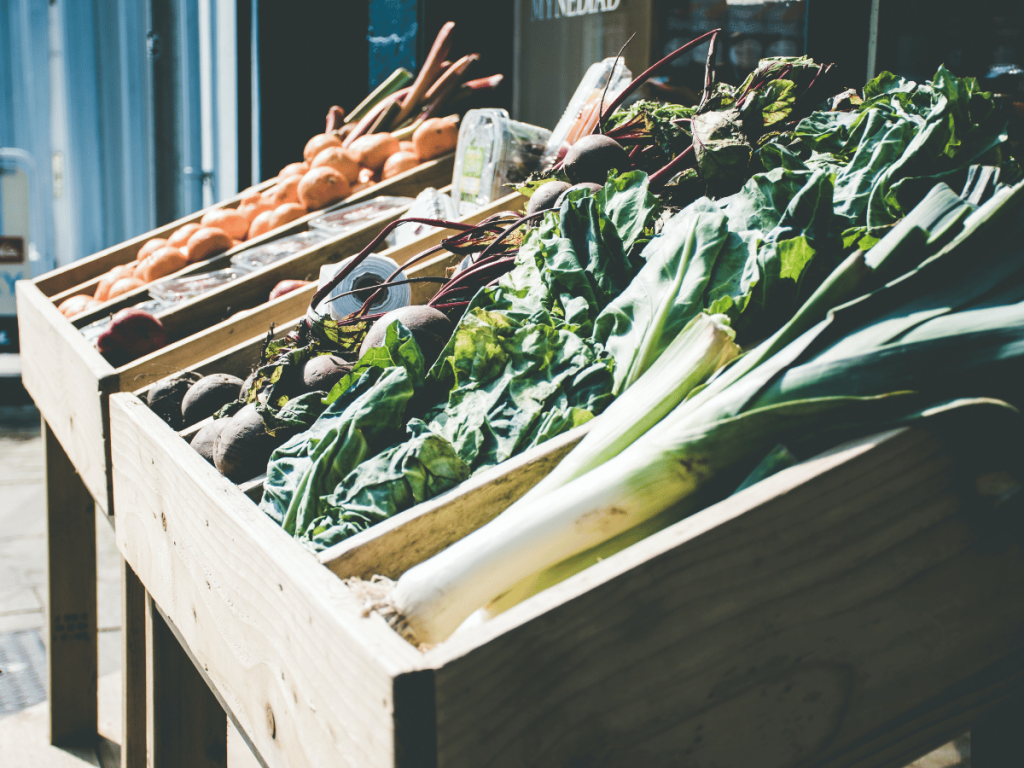
If there is one thing I am passionate about it is mental health and the food connection. If you don’t know that food affects your mood let me take you on this journey.
Studies show us time and time again that what we eat directly impacts how we feel mentally. Not only do we need sufficient calories and protein (usually 100g or more per day), a variety of veggies, fruits, and healthy fats, but we also need certain nutrients that directly impact how we think and feel.
Today I will talk about some nutrients and food sources that directly impact your mood. When we consume these nutrients our mental health is bound to improve.
Magnesium
Benefits mental health because it is a mood booster, reduces stress, and helps aid in good sleep. Though there are many forms of Magnesium and all have health benefits, Magnesium glycinate absorbs quickly and is shown to help calm the brain and works to regulate the nervous system.
Magnesium-rich foods: Pumpkin seeds, Chia seeds, Almonds, Boiled Spinach, Avocados, and Rolled Oats are some.
Omega-3 Fatty Acids

A Harvard study shows that Omega-3’s can easily travel through the brain cell membrane and interact with mood-related molecules inside the brain. Omega-3s also have an anti-inflammatory action that may help relieve depression. There is more and more research coming out regarding inflammation in the brain and mental health.
Foods rich in Omega-3’s: Wild caught Salmon, Chia seeds, Walnuts, Eggs, Sardines, Flaxseeds/oil, and Cod liver oil.
B-Vitamins
It is well-studied that people low in B vitamins, especially B–12 and Folate(B9) can suffer more from depression. B-12 and Folate are both needed in the production of Norepinephrine, Serotonin, and Dopamine. These vitamins play an essential part in regulating a healthy Central Nervous System.
Foods with B vitamins: Liver(avoid during pregnancy), Leafy greens, Eggs, Legumes, Avocado, and Nutritional Yeast (the non-fortified kind;).
Prebiotics & Probiotics
This goes with a bigger topic about the gut/brain connection for which I will do a blog post of its own in the future:) In the meantime, the connection is called the gut-brain axis. Why? Because they are linked through the nervous system in the digestive tract and the central nervous system, which includes the brain. The gut has been called the “second brain” because it produces some of the same neurotransmitters as the brain, like serotonin, dopamine, and gamma-aminobutyric acid. All of which play a key role in regulating mood. As we have good and bad bacteria in our gut it is important to have a healthy balance for mood and overall health. Probiotics are the good bacteria and Prebiotics are the food that feeds the good bacteria. Prebiotics help keep a balance of good and bad bacteria in your gut. Fermented foods are a great source of Probiotic foods.

Note: If you are someone with an overproduction of bacteria, think SIBO (small intestinal bacterial overgrowth) you will want to consult your doctor before proceeding with supplemental Probiotics or fermented foods for that matter as they can make issues worse.
Prebiotic foods: Green Bananas, Onions, Garlic, Whole Grains, Greens, and Artichokes to name a few.
Probiotic foods: Yogurt(plain no sugar is best), Sauerkraut, Kimchi, Miso, Pickles, Apple Cider Vinegar, and Kombucha.
Vitamin-D3
Foods with Vitamin D3: Cod liver oil, Salmon, Mushrooms, Eggs, and Sardines are some foods with Vit-D3.
Vitamin D3 is essential for Mental and Physical health. Research shows that people with depression have higher chances of having vitamin D deficiency.
SUNSHINE! Don’t forget sunshine.
Supplement: I find that most people need to supplement. I use vitamin D3 with K2. Please consult with your doctor.
To your health,
Much Love, Belinda


